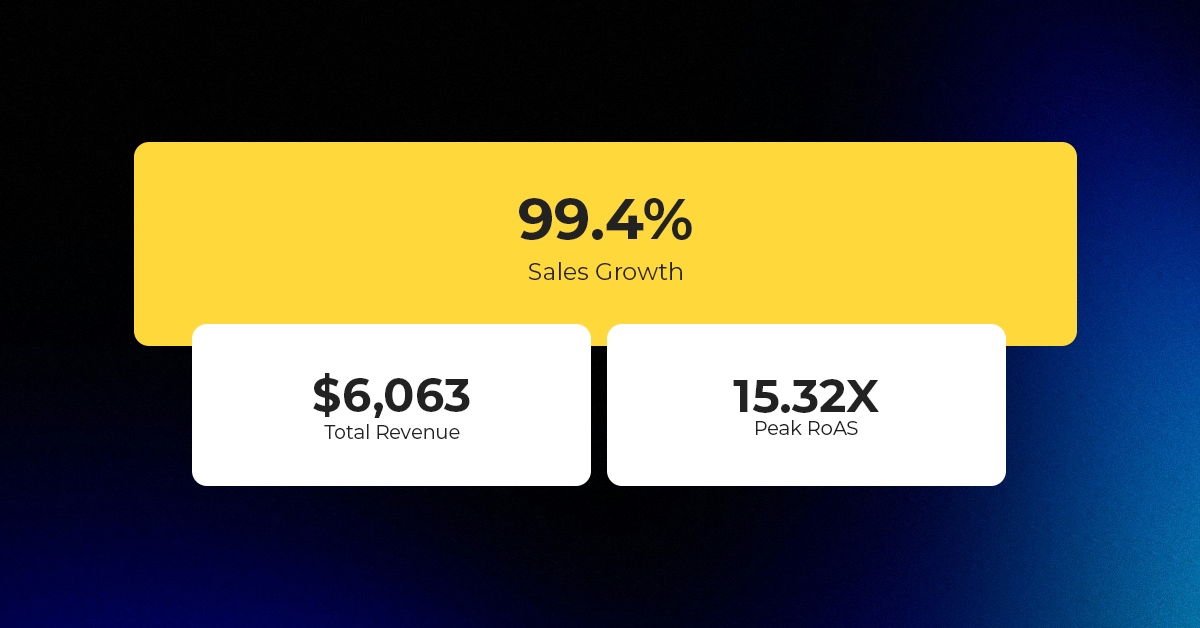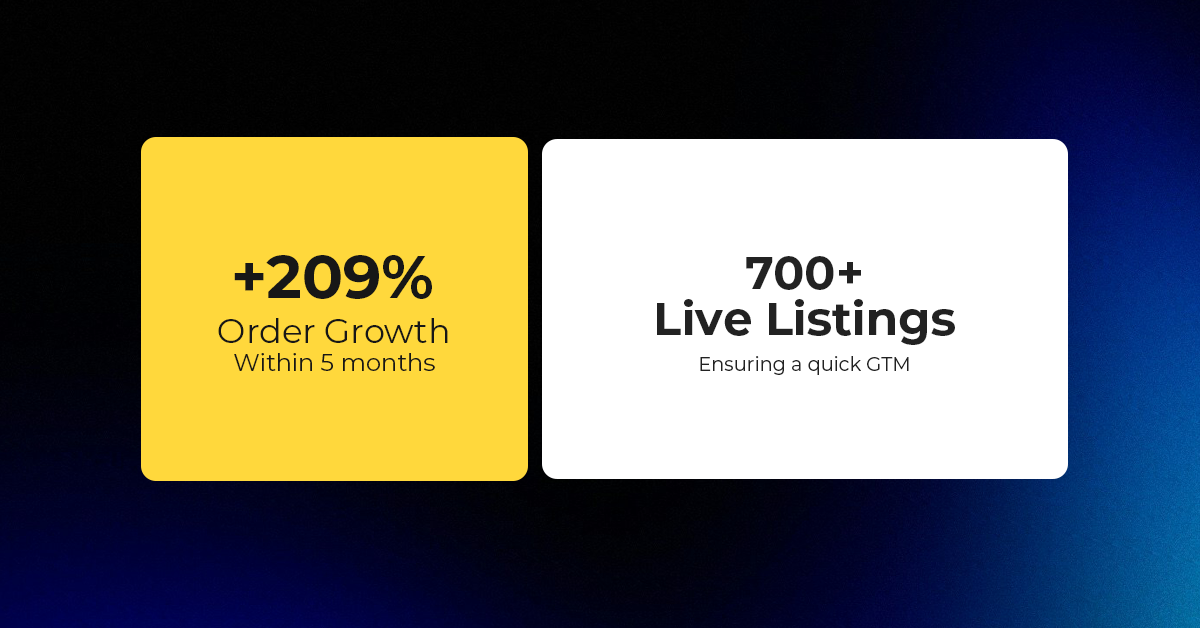Etsy Expands Payments Policy Globally; Instant Transfers Go Live for US Sellers
Reading Time: 3 minutesWhat’s changed Etsy has rolled out major updates to its Etsy Payments…
Amazon is doubling down on AI-driven selling tools, introducing a new AI-generated product enrichment pilot aimed at automating and enhancing product listings. This move follows a series of AI-driven innovations, such as Rufus (its AI shopping assistant) and Project Amelia (an AI-powered customer service system), reinforcing Amazon’s ambition to make AI an integral part of the seller experience.
With this new update, Amazon’s AI will automatically refine and enrich product listings, optimizing descriptions, features, and bullet points to improve discoverability, conversion rates, and buyer engagement. This initiative aligns with broader industry trends, as competitors like eBay, Walmart, and Shopify have also integrated AI to refine product listings and search experiences.
The AI-generated product enrichment tool analyzes product data and enhances listings by:
Amazon’s AI learns from millions of successful listings, ensuring that enriched descriptions align with best practices and buyer expectations. This approach not only saves time for sellers but also improves listing quality, leading to better customer trust and sales.
Amazon isn’t alone in leveraging AI for eCommerce optimization. Other major marketplaces are also rolling out AI-driven solutions:
Amazon’s latest AI-generated product enrichment puts it ahead in terms of automation and listing optimization, but sellers should keep an eye on how competitor AI models evolve to offer unique advantages.
For sellers, this AI-powered enhancement presents a major opportunity to streamline operations and improve listing quality. However, it’s critical to:

Reading Time: 3 minutesWhat’s changed Etsy has rolled out major updates to its Etsy Payments…

Reading Time: 2 minutesWhat’s changed Walmart has introduced a new Shipping Score metric within its…

Reading Time: 3 minutesWhat’s changed Amazon has announced an additional $35 billion investment in India…

Reading Time: 4 minutesAbout the Brand: 40ParkLane LLC Studio40ParkLane is a design-led print-on-demand brand created…

Reading Time: 3 minutesAbout the Company Brand Name: David Protein Industry: Health & Nutrition (Protein…

Reading Time: 3 minutesOnline retail spending in Germany is entering a renewed growth phase after…

Reading Time: 4 minutesTikTok Shop has released a comprehensive Beauty and Personal Care Products Policy,…

Reading Time: 4 minutesTikTok Shop has formally outlined comprehensive requirements for expiration date labeling and…

Reading Time: 3 minutesTikTok Shop is raising its sales commission for merchants across five active…

Reading Time: 11 minutesBy now you have seen your BFCM 2025 numbers. The harder question…

Reading Time: 3 minutesAbout the Brand Name: Vanity Slabs Inc Industry: Trading Slabs- Vanity Slabs…

Reading Time: 2 minutesAbout the Brand Name: Ramjet.com Industry: Automotive Parts & Accessories Location: United…

Reading Time: 2 minutesAmazon is rolling out strategic referral fee reductions across five major European…

Reading Time: 4 minutesQuick Summary: Scaling Lifestyle Powersports on eBay with CedCommerce Challenge: Zero marketplace…

Reading Time: 4 minutesTikTok has surpassed 460 million users across Southeast Asia, reinforcing its position…

Reading Time: 3 minuteseBay has released its final seller news update for 2025, with a…

Reading Time: 3 minutesAmazon has clarified its stance regarding speculation around a potential breakup between…

Reading Time: 4 minutesWalmart is accelerating its push into next-generation fulfillment by expanding its drone…

Reading Time: 4 minutesFaire, the fast-growing wholesale marketplace connecting independent retailers with emerging brands, has…

Reading Time: 4 minutesB2B buying in the United States is undergoing a fundamental behavioral shift…